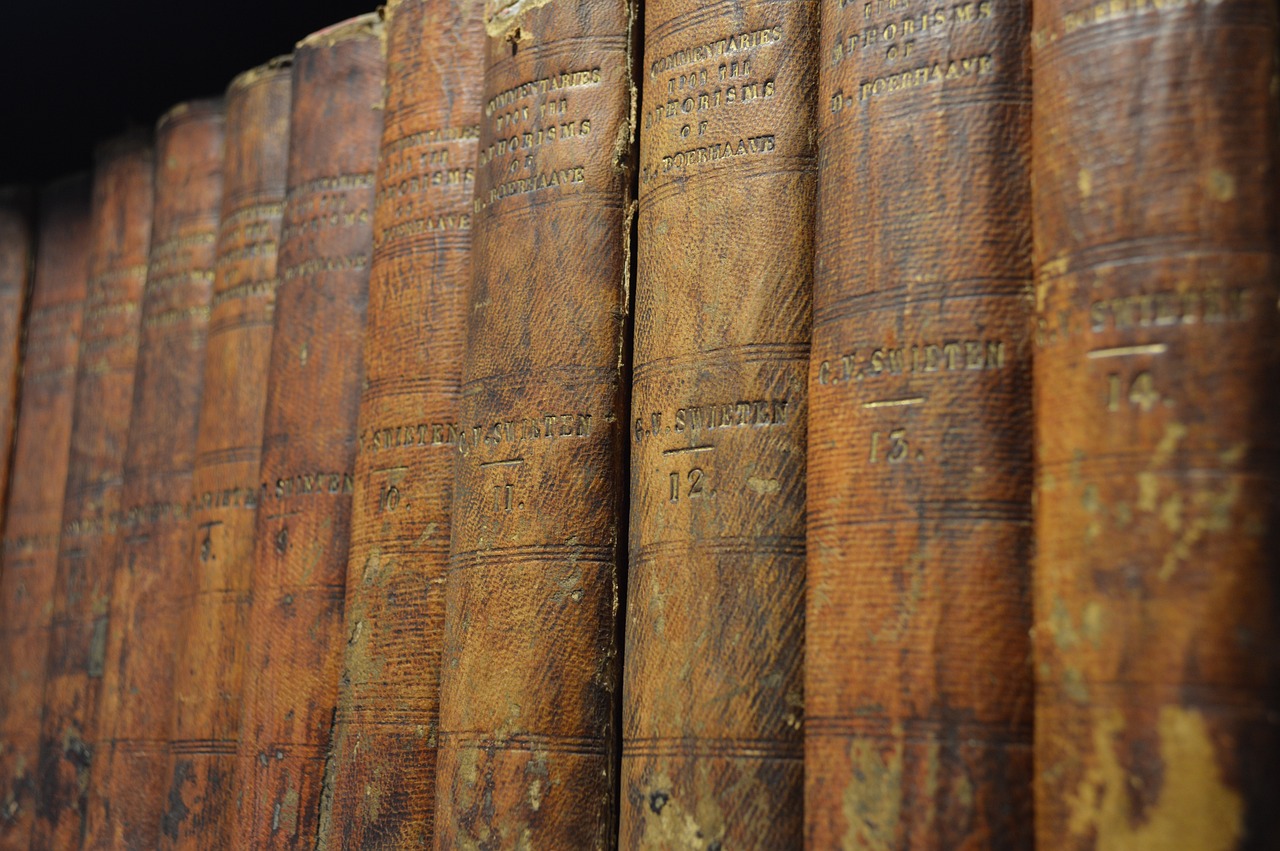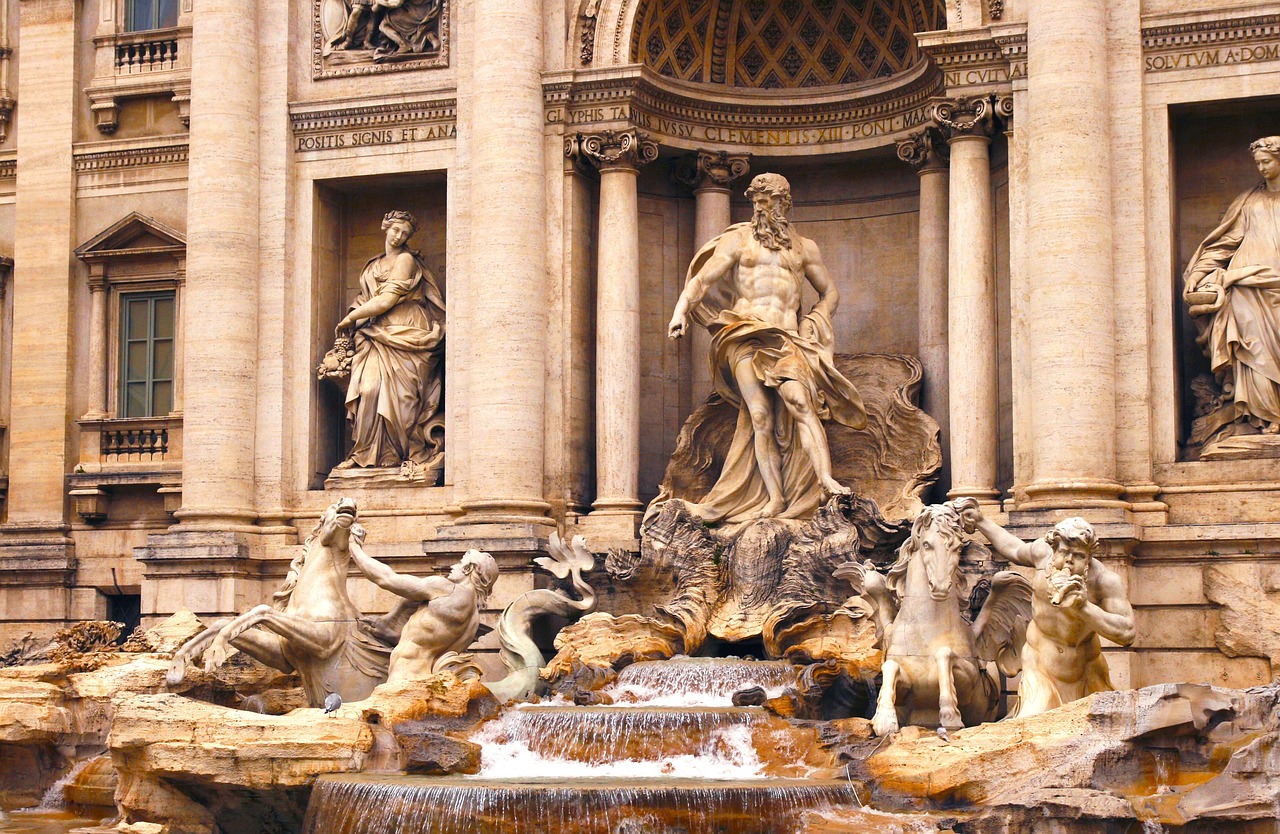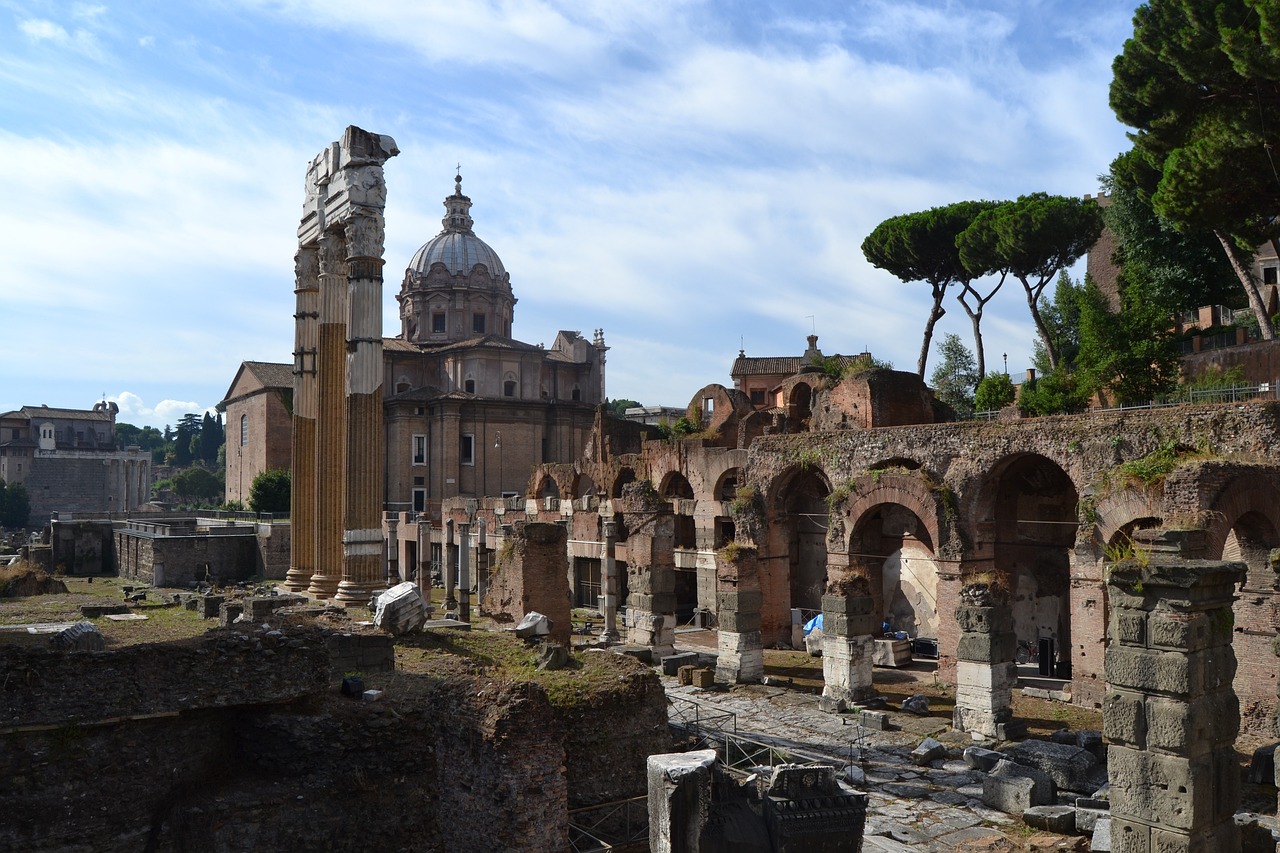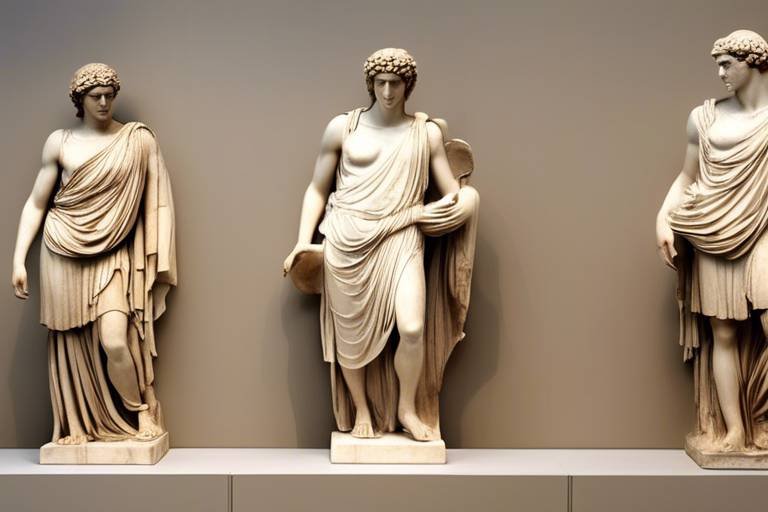The Cultural Heritage of the Ancient Phoenicians
The Phoenicians, an ancient civilization of great significance, left behind a rich cultural heritage that continues to intrigue and inspire us today. Known for their remarkable achievements in various fields, from maritime trade to art and language, the Phoenicians have left an indelible mark on history. Let us delve into the fascinating world of the Ancient Phoenicians and explore the depth of their cultural legacy.

History of the Phoenician Civilization
Exploring the rich history and legacy of the ancient Phoenicians unveils a world of maritime adventure, cultural sophistication, and enduring influence. From their humble origins to their remarkable achievements in trade, language, and art, the Phoenician civilization stands as a testament to human ingenuity and resilience.
The Phoenician civilization, originating in the coastal regions of present-day Lebanon, flourished between the 15th and 6th centuries BCE. Renowned for their seafaring skills and navigational expertise, the Phoenicians established a vast network of trade routes across the Mediterranean, connecting distant lands and cultures.
Throughout their history, the Phoenicians faced numerous challenges, including invasions by foreign powers and conflicts with neighboring empires. Despite these obstacles, they managed to maintain their independence and thrive as a maritime powerhouse, trading goods such as textiles, timber, and precious metals.
One of the most significant contributions of the Phoenicians was the development of the first known alphabet, consisting of 22 consonantal letters. This writing system revolutionized communication and literacy in the ancient world, laying the foundation for future alphabets such as Greek and Latin.
Notable Phoenician cities like Tyre, Sidon, and Byblos became centers of commerce and culture, attracting merchants, artisans, and scholars from far and wide. The Phoenician legacy continues to captivate historians and archaeologists, offering a glimpse into a civilization that shaped the course of history.

Phoenician Language and Writing System
Exploring the origins and major historical events that shaped the Phoenician civilization, known for their maritime prowess and trade networks in the ancient world.
The Phoenician language and writing system played a pivotal role in the development of ancient civilizations. The Phoenicians are credited with creating one of the first alphabets, consisting of 22 consonantal letters without any vowels. This innovative script greatly influenced the writing systems of other cultures, including the Greek and Latin alphabets, which are widely used today.
Unlike the intricate hieroglyphics of the Egyptians or the cuneiform script of the Mesopotamians, the Phoenician alphabet was simple and efficient, making it easier to learn and use. This adaptability allowed for widespread adoption and adaptation by neighboring peoples, leading to its enduring legacy in the world of writing and communication.
Moreover, the Phoenician language itself was a Semitic language closely related to Hebrew and Aramaic. It was spoken by the inhabitants of the ancient Phoenician city-states along the eastern Mediterranean coast. The language reflected the cultural and linguistic diversity of the region, showcasing the rich tapestry of influences that shaped Phoenician society.
Through the dissemination of their alphabet and language, the Phoenicians facilitated greater communication and cultural exchange among different civilizations. This linguistic innovation not only empowered their own society but also left a lasting impact on the development of written communication across the ancient world.

Religious Beliefs and Practices
Known for their maritime prowess and trade networks in the ancient world, the Phoenicians left a lasting legacy that continues to captivate historians and archaeologists alike. Let's delve into the rich tapestry of the Phoenician civilization, exploring various aspects of their culture and society that shaped the ancient Mediterranean landscape.
The religious beliefs of the Phoenicians were deeply intertwined with their daily lives, influencing everything from governance to trade. At the heart of their spirituality was a diverse pantheon of gods and goddesses, each representing different aspects of nature and human existence. From Baal, the god of storms and fertility, to Astarte, the goddess of love and war, the Phoenician deities played a central role in their religious practices.
Central to Phoenician religious rituals were ceremonies and sacrifices performed to appease the gods and seek their favor. These practices were often conducted in elaborate temples adorned with intricate carvings and reliefs, showcasing the artistic prowess of the Phoenician craftsmen. The Phoenicians believed in the power of divination and oracles, seeking guidance from the gods through various means to navigate the uncertainties of life.
Moreover, the Phoenicians engaged in rituals to honor their ancestors and ensure the prosperity of future generations. Family ties were paramount in Phoenician society, with ancestral worship forming an integral part of their religious traditions. The belief in an afterlife and the importance of proper burial rites underscored the Phoenician reverence for the cycle of life and death.
As traders and explorers, the Phoenicians encountered diverse cultures and belief systems, leading to a syncretism of religious practices in their cosmopolitan society. This cultural exchange enriched their spiritual landscape, fostering a sense of interconnectedness with the wider ancient world. The legacy of Phoenician religious beliefs endures in the archaeological remains and inscriptions that offer glimpses into their vibrant and complex worldview.
1. What were the major deities worshipped by the Phoenicians?
2. How did Phoenician religious practices influence their daily lives and societal structure?
3. What archaeological evidence supports our understanding of Phoenician religious beliefs?
4. How did the Phoenician pantheon compare to other ancient civilizations in the Mediterranean region?

Art and Architecture
The Phoenicians were renowned for their artistic achievements and architectural marvels, leaving a lasting legacy in the ancient world. Their artistry encompassed a wide range of mediums, from intricate ivory carvings to vibrant pottery. The Phoenician artisans were skilled in creating detailed sculptures and jewelry, often adorned with symbolic motifs and intricate designs that reflected their cultural beliefs and traditions.
One of the most notable aspects of Phoenician art was their mastery in glassmaking. They were pioneers in producing vibrant glass objects, including colorful beads and vessels that were highly sought after in the Mediterranean trade networks. The Phoenicians' glasswork displayed a level of craftsmanship and innovation that set them apart from other civilizations of their time.
In terms of architecture, the Phoenicians constructed impressive structures such as temples, palaces, and city walls. Their architectural style was characterized by the use of stone and timber, with intricate carvings and decorative elements adorning their buildings. The most famous example of Phoenician architecture is the Temple of Eshmun in Sidon, showcasing their advanced engineering skills and artistic sensibilities.
Furthermore, the Phoenicians excelled in shipbuilding, which influenced their architectural designs for harbors and docks. Their expertise in maritime activities extended to the construction of sturdy ships that facilitated their extensive trade networks across the Mediterranean. The Phoenician ports were bustling hubs of commerce, reflecting their strategic approach to maritime architecture and urban planning.
Overall, the art and architecture of the Phoenicians not only reflected their cultural sophistication but also served as a testament to their ingenuity and creativity. Through their artistic endeavors and architectural innovations, the Phoenicians established a rich cultural heritage that continues to inspire admiration and fascination to this day.

Trade and Commerce
The Phoenicians were renowned in the ancient world for their exceptional skills in trade and commerce, establishing a vast network of trade routes and colonies that stretched across the Mediterranean. Their expertise in maritime activities allowed them to dominate sea trade, facilitating the exchange of goods, ideas, and culture. Phoenician merchants were adept at navigating the seas, utilizing their advanced shipbuilding techniques to transport goods such as textiles, glassware, metalwork, and precious metals to distant lands. Their strategic location along the coast enabled them to connect the East with the West, acting as intermediaries in the trade between Egypt, Mesopotamia, Greece, and Rome.

Social Structure and Daily Life
The social structure of the ancient Phoenician society was characterized by a hierarchical system that influenced every aspect of daily life. At the top of the social pyramid were the ruling class, consisting of aristocrats, priests, and military leaders who held significant power and authority. These elites controlled political decisions, religious ceremonies, and military campaigns, shaping the course of Phoenician civilization.
Beneath the ruling class were the merchants and artisans, vital contributors to the economy and cultural development of Phoenician cities. Merchants played a crucial role in expanding trade networks and establishing lucrative commercial relationships with distant lands, while artisans showcased their skills in crafting exquisite jewelry, pottery, and textiles that were highly sought after in the ancient world.
Family life was central to Phoenician society, with strong emphasis placed on kinship ties and traditional gender roles. Men were primarily responsible for providing for their families and engaging in political affairs, while women managed the household and raised children. Despite these divisions, women in Phoenician society enjoyed more rights and freedoms compared to their counterparts in other ancient civilizations, participating in business transactions and owning property.
Children in Phoenician families were valued as future members of society, receiving education and training in various crafts and professions from a young age. The close-knit nature of Phoenician families fostered a sense of community and mutual support, ensuring the continuity of cultural traditions and values across generations.
Throughout daily life, religious beliefs and practices played a significant role, with the worship of a diverse pantheon of gods and goddesses influencing social customs and rituals. Temples served as centers of spiritual activity, hosting ceremonies, sacrifices, and festivals that brought the community together in shared devotion and reverence.
In conclusion, the social structure and daily life of the ancient Phoenicians reflected a complex interplay of hierarchy, economic activities, family dynamics, and religious practices that defined their civilization and enduring legacy in the annals of history.

Maritime Achievements
When it comes to maritime achievements, the Phoenicians stand out as true masters of the sea. Their expertise in navigation and shipbuilding was unparalleled in the ancient world, allowing them to establish a dominant presence in maritime trade routes. The Phoenicians were known for their sturdy and well-designed ships, which enabled them to undertake long and perilous voyages across the Mediterranean and beyond.
One of the most remarkable aspects of Phoenician maritime achievements was their extensive network of trading colonies and ports. These strategic outposts not only facilitated trade but also served as vital hubs for cultural exchange and communication. The Phoenicians were adept at establishing and maintaining these coastal settlements, which played a crucial role in expanding their commercial influence.
Moreover, the Phoenicians were pioneers in developing sophisticated navigational techniques, relying on the stars, sun, and landmarks to guide their ships across vast distances. Their navigational prowess allowed them to explore new territories, establish trade routes to distant lands, and foster economic prosperity for their civilization.
Additionally, the Phoenicians were renowned for their maritime exploration and discovery. Venturing into uncharted waters, they pushed the boundaries of known geography and expanded their maritime domain. Through their bold expeditions, the Phoenicians not only secured valuable resources but also enriched their cultural heritage through interactions with diverse civilizations.
In essence, the maritime achievements of the Phoenicians were not just about sailing the seas; they were a testament to their ingenuity, resilience, and adventurous spirit. By harnessing the power of the ocean, the Phoenicians left an indelible mark on the ancient world and paved the way for future generations of seafarers and explorers.

Legacy and Influence
The legacy of the ancient Phoenicians continues to resonate through the annals of history, leaving an indelible mark on numerous aspects of civilization. Their influence extended far beyond their time, shaping the development of art, language, religion, and commerce in profound ways.
One of the most notable contributions of the Phoenicians to the world was their pioneering alphabet, which served as the foundation for the Greek and Latin writing systems. This innovation revolutionized communication and paved the way for the dissemination of knowledge across cultures and generations.
Furthermore, the Phoenicians' expertise in maritime trade and navigation established them as the premier merchants of the ancient Mediterranean. Their extensive network of trade routes and colonies not only facilitated economic prosperity but also fostered cultural exchange and cross-cultural interactions.
Archaeological discoveries have unearthed evidence of Phoenician artistry and craftsmanship, showcasing their mastery in creating intricate ivory carvings and monumental architectural structures. These artistic achievements not only reflected their cultural sophistication but also influenced the artistic traditions of subsequent civilizations.
Moreover, the religious beliefs and practices of the Phoenicians, with their diverse pantheon of deities and elaborate rituals, left a lasting impact on the religious landscape of the ancient world. Elements of Phoenician religious traditions can be traced in the mythologies and practices of various cultures that succeeded them.
The enduring legacy of the Phoenicians serves as a testament to their ingenuity, resilience, and cultural richness. Their contributions to the realms of art, language, religion, and commerce continue to inspire and captivate scholars and enthusiasts alike, underscoring the enduring significance of their cultural heritage.

Archaeological Discoveries and Preservation Efforts
Archaeological discoveries related to the ancient Phoenicians have provided invaluable insights into their civilization and way of life. Excavations at sites such as Byblos, Tyre, and Carthage have unearthed a wealth of artifacts, including pottery, jewelry, and tools, shedding light on their craftsmanship and daily activities. The uncovering of ancient shipwrecks has also revealed the advanced maritime technology employed by the Phoenicians, showcasing their seafaring skills and trade networks.
Efforts to preserve the cultural heritage of the Phoenicians are ongoing, with initiatives aimed at safeguarding archaeological sites and artifacts from looting and destruction. Museums around the world exhibit Phoenician artifacts, allowing visitors to appreciate the artistic and technological achievements of this ancient civilization. Conservation projects focus on maintaining the integrity of ancient structures and monuments, ensuring that future generations can continue to learn from and be inspired by the legacy of the Phoenicians.
Frequently Asked Questions
- What is the significance of the Phoenician civilization?
The Phoenicians were renowned for their maritime prowess and trade networks, influencing the development of ancient commerce and navigation.
- Did the Phoenicians have their own unique writing system?
Yes, the Phoenicians developed their own alphabet, which had a significant impact on the creation of other writing systems such as Greek and Latin.
- What were some of the key religious beliefs of the Phoenicians?
The Phoenicians had a diverse pantheon of gods and goddesses, with religious rituals and practices playing a central role in their society.
- How did the Phoenicians contribute to art and architecture?
Phoenicians were known for their intricate ivory carvings and monumental structures like temples and palaces, showcasing their artistic achievements.
- What made Phoenician trade routes significant in the ancient world?
The Phoenicians established extensive trade networks and colonies, becoming renowned merchants in the Mediterranean region due to their commercial activities.
- What can we learn about Phoenician social structure and daily life?
Understanding the social hierarchy, family dynamics, and cultural traditions of the Phoenician society provides insights into their daily lives and societal norms.
- How did the Phoenicians excel in maritime achievements?
The Phoenicians were skilled navigators and shipbuilders, dominating maritime trade routes and expanding their influence through seafaring expertise.
- What is the lasting legacy of Phoenician culture on subsequent civilizations?
The Phoenicians made significant contributions to art, language, religion, and commerce, leaving a lasting impact on the development of future societies.
- What are some notable archaeological discoveries related to the Phoenicians?
Significant archaeological findings have shed light on Phoenician artifacts and structures, prompting ongoing efforts to preserve and protect their cultural heritage for future generations.


















